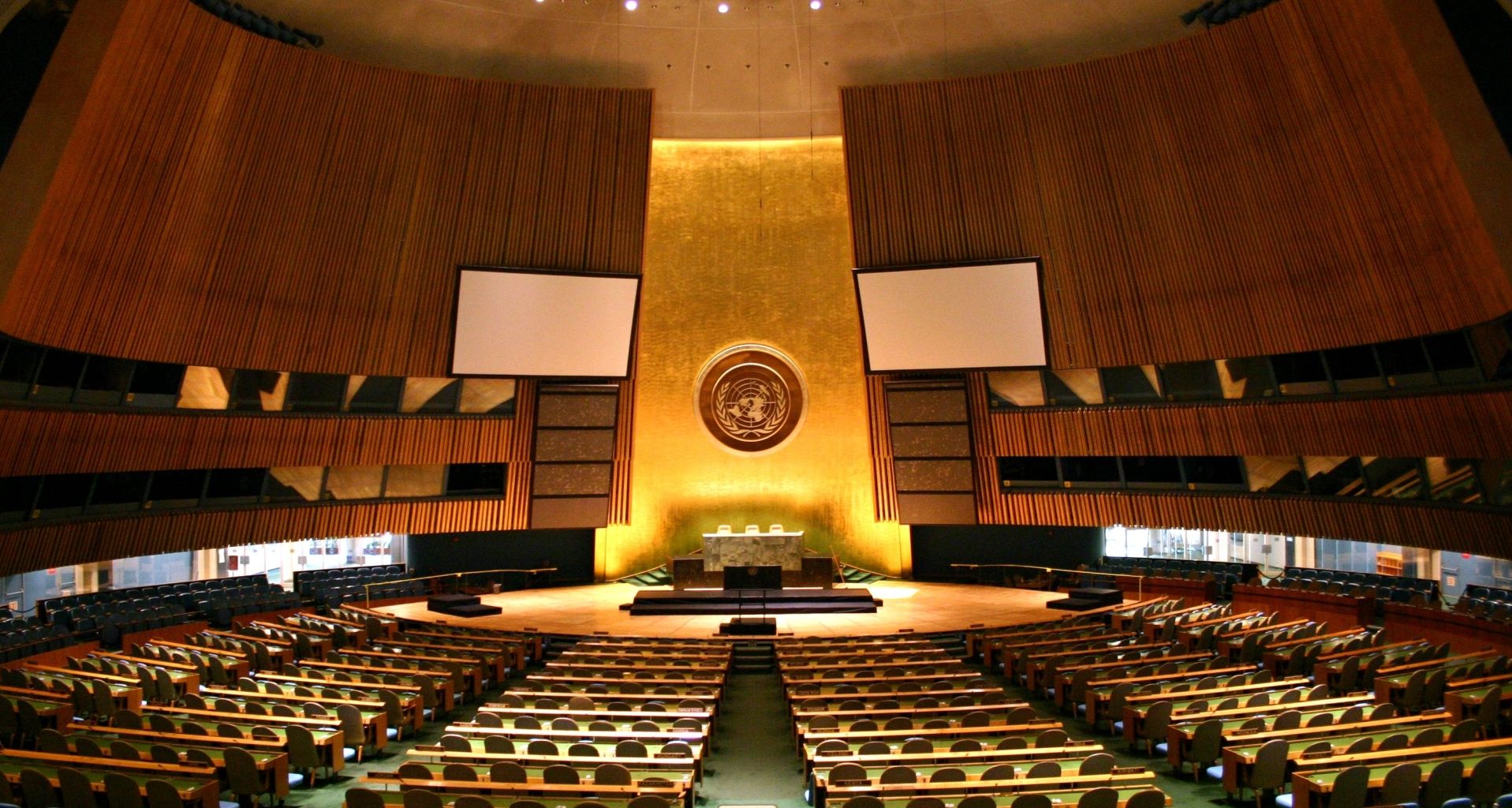At the 2019 United Nations General Assembly in New York, the Financial Sector Commission—also known as the Liechtenstein Initiative—released a plan to fight against human trafficking and slavery using the influence and power of the world’s finance sector.
The Liechtenstein Initiative for a Financial Sector Commission on Modern Slavery and Human Trafficking was officially launched one year ago, at the 2018 UN General Assembly. A public-private partnership involving the Liechtenstein, Australian and Dutch governments, the United Nations University Centre for Policy Research and Liechtenstein private sector institutions and foundations, the Commission aims to use the power and influence of the international financial sector to end slavery and trafficking.
“The financial sector possesses huge potential to help end modern slavery and human trafficking and to maintain the integrity of the international financial system,” HE Mr Stef Blok, foreign minister of the Kingdom of the Netherlands and co-convenor of the Financial Sector Commission, said in a statement.
“Slavery and human trafficking are big business, reckoned to generate 150 billion US dollars every year over the broken backs, hearts and dreams of people young and old. Whether operating through bank branches, microloans or digital finance, the financial sector has unique global reach, allowing it to impact people’s lives. It can create moral capital markets, and can therefore be a powerful force for good, first and foremost by supporting the victims of these criminal business practices.”
In the year needed to formalise the report, the Commission held four consultations across three continents and over 100 informal consultations with stakeholders.
Over 25 commissioners are members of the Liechtenstein Initiative, from influential figures throughout the finance world—including leaders of banks, hedge funds, development financing organisations, global regulators and institutional investors—to survivors of human trafficking and child slavery.
“Our report makes clear that business as usual will not end modern slavery and human trafficking,” said Fiona Reynolds, CEO of the UN-backed Principles for Responsible Investment. “Over the course of the last year, we have benefited from a huge amount of expertise across the world and seen an upsurge of support from across the sector. Going forward, this goodwill needs to be further harnessed to ensure that real progress can be made.”
After revealing the report, a project entitled “Finance Against Slavery and Trafficking” was officially established to further the blueprint’s five main goals:
- Compliance with laws against modern slavery and human trafficking
- Knowing and showing modern slavery and human trafficking risks
- Using leverage creatively to mitigate and address modern slavery and human trafficking risks
- Providing and enabling effective remedy for modern slavery and human trafficking harms
- Investment in innovation for prevention
The project will be based at the UN University Centre for Policy Research.
In addition to the above goals, the project also aims to work with top banks and social service organisations to provide financial services to survivors of human slavery and trafficking as they re-integrate into society.
“Modern slavery and human trafficking represents a tragic market failure,” commented Dr James Cockayne, commissioner and head of the Secretariat. “What is clear is that modern slavery leaves us all worse off because it treats people as disposable objects rather than full economic and social agents. Because of that, we collectively lose out on a huge amount of potential that is currently locked up.”

